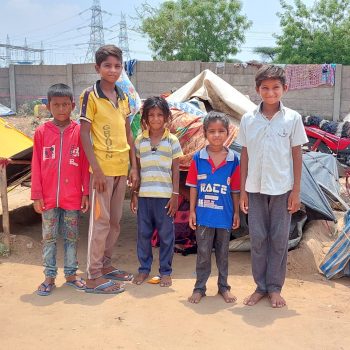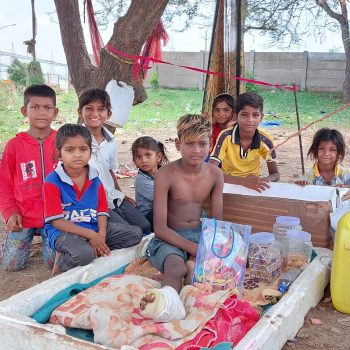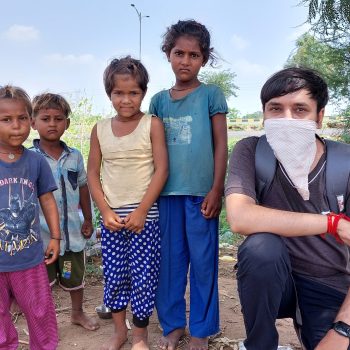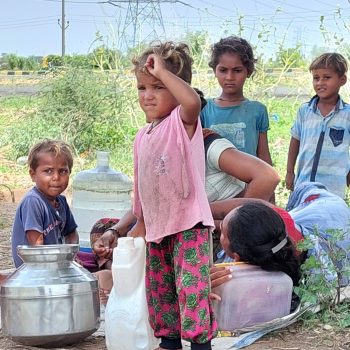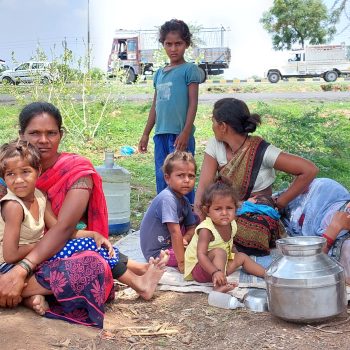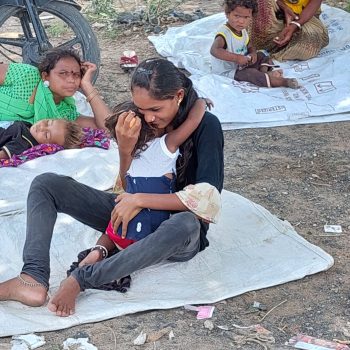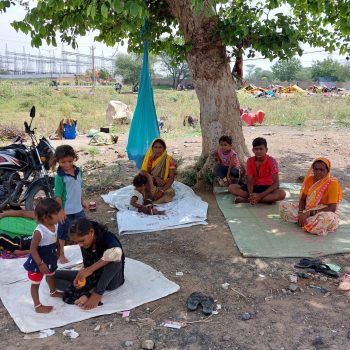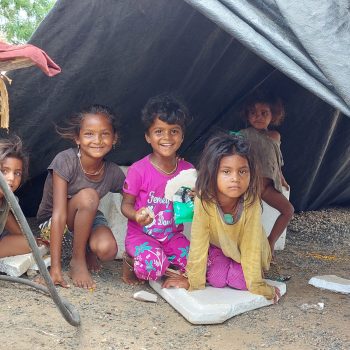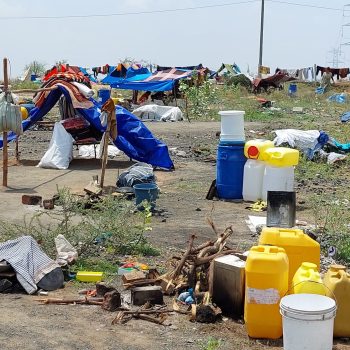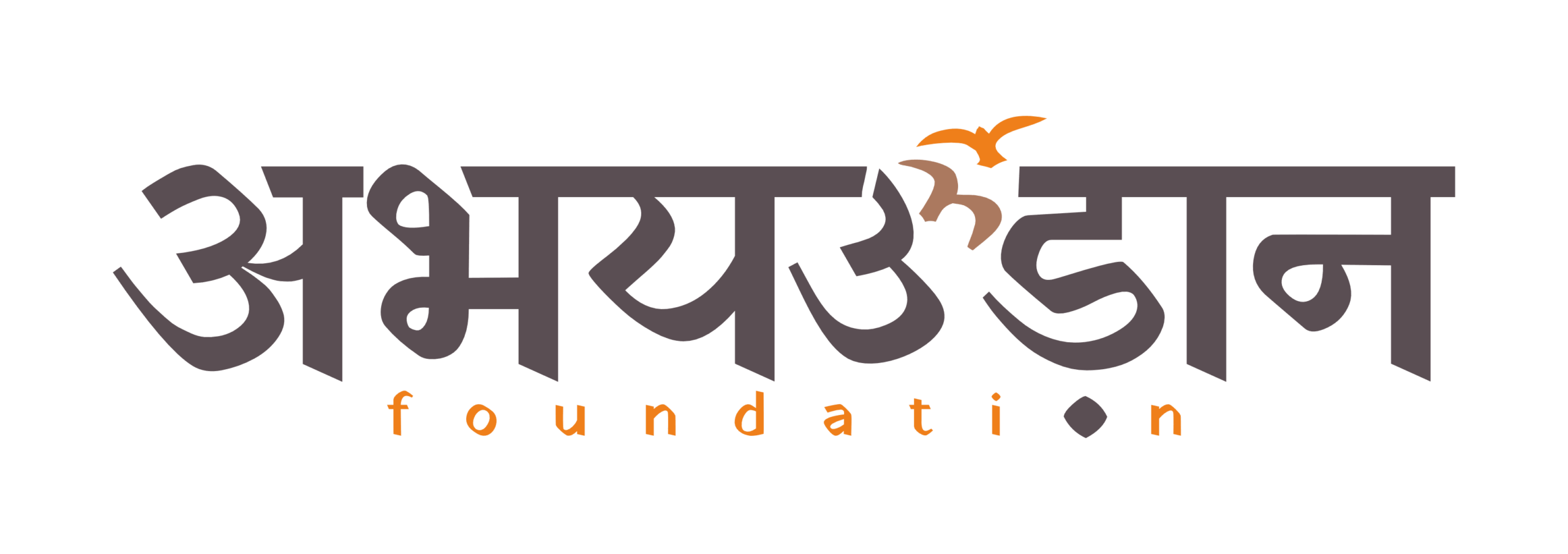
- Home
- About Us
- Missions
- Udgam | Education & Research
- Arogya | Healthcare & Well-being
- Shakti | Women Empowerment
- Karuna | Compassion & Care
- Samriddhi | Infrastructure & Growth
- Prakriti | Environment & Sustainability
- Sahyog | Emergency & Relief
- Sanskriti | Culture & Heritage
- Swayam | Livelihood & Daily Habits
- Udaan | Talent, Sports & Creative Growth
- Initiatives
- Get Involved
- Knowledge base
- Contact Us
- Home
- About Us
- Missions
- Udgam | Education & Research
- Arogya | Healthcare & Well-being
- Shakti | Women Empowerment
- Karuna | Compassion & Care
- Samriddhi | Infrastructure & Growth
- Prakriti | Environment & Sustainability
- Sahyog | Emergency & Relief
- Sanskriti | Culture & Heritage
- Swayam | Livelihood & Daily Habits
- Udaan | Talent, Sports & Creative Growth
- Initiatives
- Get Involved
- Knowledge base
- Contact Us
A Ground Visit to Migrant Worker Families
Join Our Communities
Know Us
Get Involved
Recent Initiatives
Scan to Quick Donate

In June 2021, the Abhayudaan Foundation team visited the marginalized migrant worker settlement of Paldi Kankaj, Ahmedabad, home to 15–20 underserved families. These families, largely migrants from Rajasthan, Maharashtra, and Madhya Pradesh, survive on seasonal labor—selling flowers, toys, and small goods on city footpaths. This grassroots-level field engagement wasn’t about delivering aid. It was about building empathy, listening without judgment, and laying the groundwork for dignified, long-term support.
This campaign is a living example of our core belief: real change begins by showing up.
- Overview
- Objectives and Goals
- Impact
- Reader’s Note
Behind the colorful roadside stalls of Ahmedabad are families living with silent strength. This project explored the lives of migrant laborers, their daily challenges, and their unvoiced struggles. With no access to education, healthcare, or identity documents, these communities live between visibility and neglect.
Why Did We Do This?
Abhayudaan Foundation believes that every act of service must begin with deep understanding. We did not want to assume what these communities need—we wanted to ask. Our goal was to witness, document, and connect—with empathy and intent.
What Did We Do?
We identified a pocket of urban migrants in Paldi Kankaj where families had settled in makeshift homes without sanitation, documentation, or public assistance. Instead of a top-down distribution model, we initiated a bottom-up dialogue: sitting with women, children, and men to understand their lives firsthand.
How Did We Do It?
Led by Tajagna Vyas and Meet Makhania, our field team spent over 4 hours with the community. We conducted direct interviews, made observational notes, and recorded stories of survival, informal employment, emotional health, and social exclusion. We listened without offering solutions—and in doing so, earned genuine insight and trust.
We documented major gaps: children lacking birth certificates, youth dropping out of school, and women working unprotected in unsafe conditions. Families spoke of being displaced from their home states due to drought, unemployment, and seasonal crisis.
We were especially struck by the resilience of women, who play the dual role of earning and caregiving, while still being invisible in social data. We found unregistered vendors, multi-generational migration patterns, and zero access to primary healthcare.
Most importantly, we left with more than stories—we left with responsibility. This is no longer their problem. It’s ours to share.
The core purpose of this initiative was to gain an unfiltered, ground-level understanding of the lives of urban migrant families. These communities often exist outside of formal systems—social, legal, and economic—and as such, they remain largely invisible in policy-making and public awareness. Our goal was not to intervene prematurely, but to observe and evaluate the depth of exclusion they face, while building the human connections necessary to shape more meaningful, people-centered interventions through our missions at Abhayudaan Foundation.
This visit aimed to uncover the real-life conditions of migrant worker families living in informal settlements. We focused on cultivating trust through ethical listening and respectful dialogue. Our team sought to identify critical gaps in access to documentation, schooling, and basic healthcare, while also observing the gender-specific vulnerabilities that women face in balancing unpaid care work with risky economic activity.
We closely examined their living environments, access to water and sanitation, and signs of emotional or mental health strain. By studying their informal livelihoods—particularly those sustained by women and children through street vending—we were able to map behavioral patterns and socio-economic dependencies. The visit also helped us document the challenges these families face in acquiring legal identity, which limits their access to benefits and protections.
Beyond observation, this initiative served as a training ground for our volunteers, teaching them the value of non-transactional outreach and compassionate engagement. It laid the groundwork for future projects such as mobile documentation drives and learning support campaigns. Lastly, it deepened our understanding of how systemic poverty affects not just individual families, but entire generations—and why any real intervention must be rooted in empathy, adaptability, and long-term vision.
Our field visit to Paldi Kankaj, Ahmedabad reached between 15 to 20 migrant families, offering a raw and human insight into the lives of those navigating extreme vulnerability. Led by Tajagna Vyas (Founder) and Meet Makhania (Core Volunteer), the team spent over four hours directly engaging with the community — not through scripted surveys, but through honest conversation, patient observation, and intentional listening.
The challenges we discovered were both urgent and persistent. Children lacked birth certificates and Aadhaar cards, making them invisible in the eyes of the system. Many had never stepped into a classroom, facing either school exclusion or early dropout. Families survived through informal vending, yet without any legal protection or safety net. Most homes lacked safe drinking water, basic sanitation, and access to nearby healthcare. These were not temporary lapses — they were structural failures.
But beyond the statistics were emotions we could feel: quiet resignation in fathers, unspoken strength in mothers, and a haunting stillness in children. These were not just families in need of help — they were communities in need of recognition. In them, we saw the spirit of resilience, muted not by weakness, but by systemic absence.
This visit reaffirmed the direction of Mission Sahyog — to respond swiftly to urgent needs while also building preparedness and dignity. It also deepened our commitment to Mission Swayam, as the lack of awareness, access, and daily structure highlighted how even small changes in habit could spark self-reliance. Most importantly, it brought Mission Karuna into sharp focus — reminding us that compassion is not just a value, it’s a responsibility. These families deserve not pity, but protection. Not handouts, but humane support.
Internally, this visit reshaped how we train and empower our volunteers. It wasn’t a campaign; it was a mirror — showing us that true impact lies not in the aid we provide, but in the trust we build. And from that trust, we move forward — with empathy, with intention, and with fearless compassion.
Some stories do not unfold in headlines. They live quietly on the edges of cities—in makeshift shelters, under open skies, and behind smiles that hide struggle. The families we met in Paldi Kankaj were not asking for sympathy. They were simply surviving. Dignified, determined, but invisible. And once you see them—not just their faces, but their truth—you cannot look away. You carry their story with you. It changes how you define help, and what it means to truly serve.
At Abhayudaan Foundation, we don’t just visit communities—we walk beside them. We don’t build systems to impress the world; we build them to include those the world forgot. This campaign reminded us why we do what we do: because every life matters, and every act of service, no matter how small, carries the power to rewrite someone’s tomorrow. And now that you’ve read this far, perhaps you too have felt that spark—of shared humanity, of silent courage, of untold strength.
If you believe, as we do, that no one should be invisible, we invite you to be part of this movement. You can donate, and help us reach more families. You can volunteer, and be the presence that brings hope. You can partner through CSR, and transform your resources into real, lasting change. Whether you offer time, talent, or trust—your support becomes the thread that holds these stories together.
Let this not be where your journey with us ends. Let it be where it begins.
